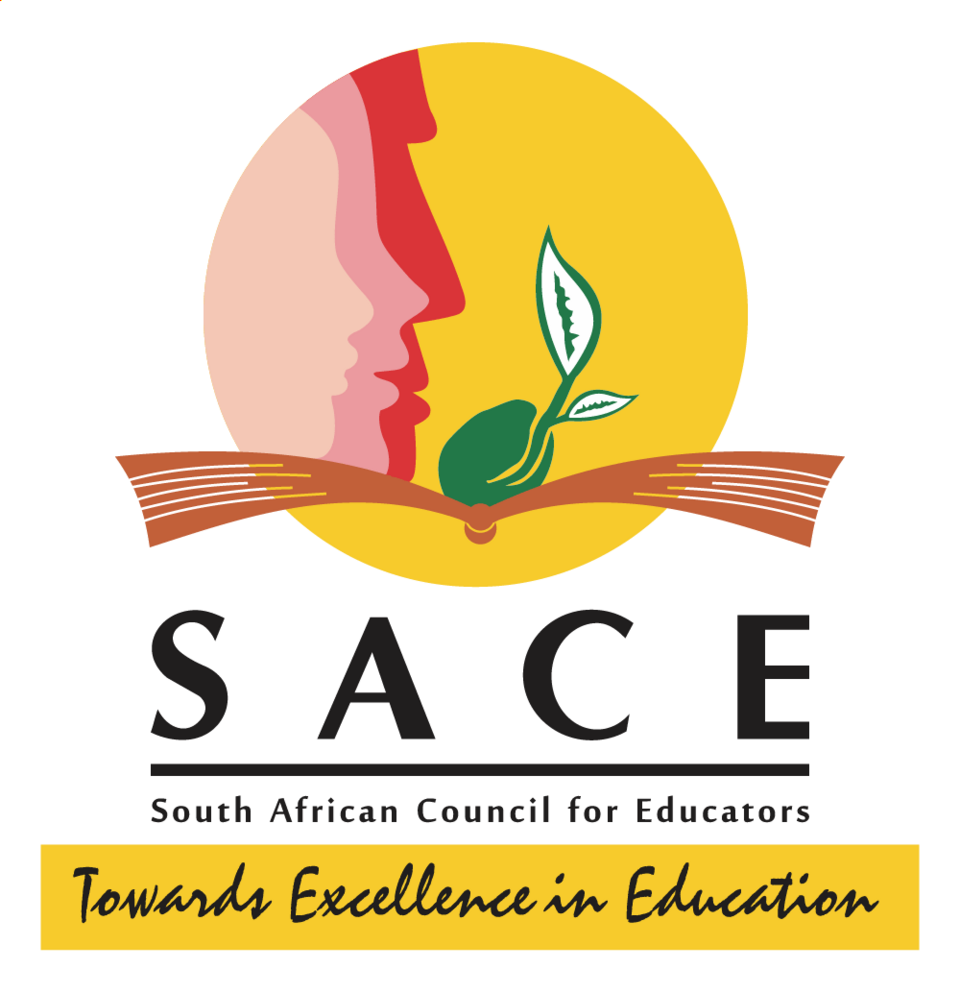SACE accreditation of the KaziKidz Foundation Phase Short Learning Program

KaziBantu has received accreditation of its first Short Learning Program
The Short Learning Program (SLP) KaziKidz Foundation Phase has officially been accredited by the South African Council for Educators (SACE). This marks a significant step towards achieving lasting impact because it tackles one of the KaziBantu project’s hardest challenges: How to introduce lasting change within an educational system and contribute to quality physical education (QPE) according to the principles of the UNESCO.
No matter how thorough this question will be investigated – one always will end up with a complex and wildly facetted answer. Nevertheless, the KaziBantu project has to face this exact challenge, as it is indeed trying to induce positive support and change within the educational system. More specifically: within a small sub-section of the educational system: promoting good quality physical and health education.
As part of the effort to achieve lasting impact, there is one pathway we deem to be utterly promising: continued professional development. The research team is convinced that lasting change can effectively be brought to schools and learners through teachers as role models themselves. And hence, through continued professional development (CPD) programs for teachers. Of course one cannot ignore systemic circumstances: it would be inappropriate to expect teachers to compensate for systemic shortfalls which are out of their area of influence. However, with intrinsic motivation and within the area of a teachers' influence a lot can be achieved.
In South Africa, teachers have to acquire 150 professional development CPD-points per three-year-cycle. Such points can be acquired, amongst others, by taking part in accredited courses. Teachers can now obtain 15 CPD-points by attending the KaziKidz Foundation Phase Short Learning Program (with its teaching and learning content) and report these points to SACE as part of their professional development activities.
This was made possible by a collaborative effort, with significant support from Dr Deborah Zeller from the University of the Witwatersrand (Johannesburg), MSc Daniele Dolley and all project members at the Human Movement Sciences Department from Nelson Mandela University (Gqeberha) and at the Department of Sport, Exercise and Health from University of Basel.
Quick Links
